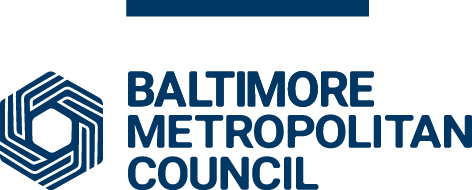-
Contract Number -
ASI-803-20| -
Entity -
Baltimore County Public Schools| -
Vendor -
Laundry City, LLC| -
Expiration Date -
10/31/2025| -
Extension Options -
| -
Buyer -
Robert Bertazon| -
Email -
rbertazon@bcps.org| -
Telephone -
443.809.4750| -
Contract Category -
N/A|
-
Contract Number -
ASI-802-20| -
Entity -
Baltimore County Public Schools| -
Vendor -
Center for the Collaborative Classroom| -
Expiration Date -
8/31/2025| -
Extension Options -
| -
Buyer -
Robert Bertazon| -
Email -
rbertazon@bcps.org| -
Telephone -
443.809.4749| -
Contract Category -
N/A|
-
Contract Number -
ASI-801-21| -
Entity -
Baltimore County Public Schools| -
Vendor -
P&H Fencing, LLC| -
Expiration Date -
11/30/2025| -
Extension Options -
| -
Buyer -
Robert Bertazon| -
Email -
rbertazon@bcps.org| -
Telephone -
443.809.4748| -
Contract Category -
N/A|
-
Contract Number -
ASI-800-22| -
Entity -
Baltimore County Public Schools| -
Vendor -
News-2-You/Unique Learning Systems| -
Expiration Date -
9/30/2026| -
Extension Options -
| -
Buyer -
Robert Bertazon| -
Email -
rbertazon@bcps.org| -
Telephone -
443.809.4747| -
Contract Category -
N/A|
-
Contract Number -
ARA-225-18| -
Entity -
Baltimore County Public Schools| -
Vendor - |
-
Expiration Date -
6/30/1938| -
Extension Options -
| -
Buyer -
Robert Bertazon| -
Email -
rbertazon@bcps.org| -
Telephone -
443.809.4746| -
Contract Category -
N/A|
-
Contract Number -
ARA-224-17| -
Entity -
Baltimore County Public Schools| -
Vendor -
Project Lead The Way, Inc.| -
Expiration Date -
6/30/2027| -
Extension Options -
| -
Buyer -
Robert Bertazon| -
Email -
rbertazon@bcps.org| -
Telephone -
443.809.4745| -
Contract Category -
N/A|
-
Contract Number -
ARA-204-21| -
Entity -
Baltimore County Public Schools| -
Vendor -
Equal Opportunity Schools| -
Expiration Date -
12/31/2025| -
Extension Options -
| -
Buyer -
Robert Bertazon| -
Email -
rbertazon@bcps.org| -
Telephone -
443.809.4742| -
Contract Category -
N/A|
-
Contract Number -
ARA-203-16| -
Entity -
Baltimore County Public Schools| -
Vendor -
GUIDE K12, LLC| -
Expiration Date -
10/31/2025| -
Extension Options -
| -
Buyer -
Robert Bertazon| -
Email -
rbertazon@bcps.org| -
Telephone -
443.809.4741| -
Contract Category -
N/A|
-
Contract Number -
RFQ-000191| -
Entity -
Baltimore City| -
Vendor -
Shared Stories Home and Remodeling| -
Expiration Date -
n/a| -
Extension Options -
| -
Buyer - |
-
Email - |
-
Telephone - |
-
Contract Category -
N/A|
-
Contract Number -
8000| -
Entity -
Baltimore City| -
Vendor -
Vixen Detection Corporation.| -
Expiration Date -
Based on Board Approval| -
Extension Options -
| -
Buyer - |
-
Email - |
-
Telephone - |
-
Contract Category -
N/A|
